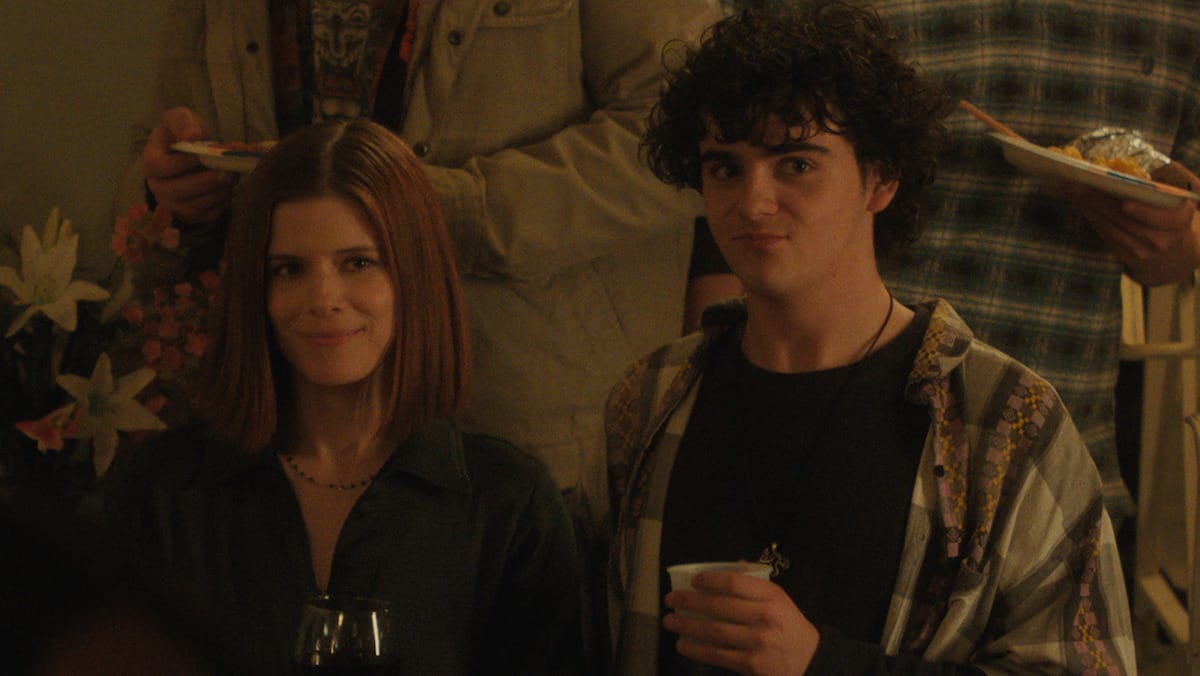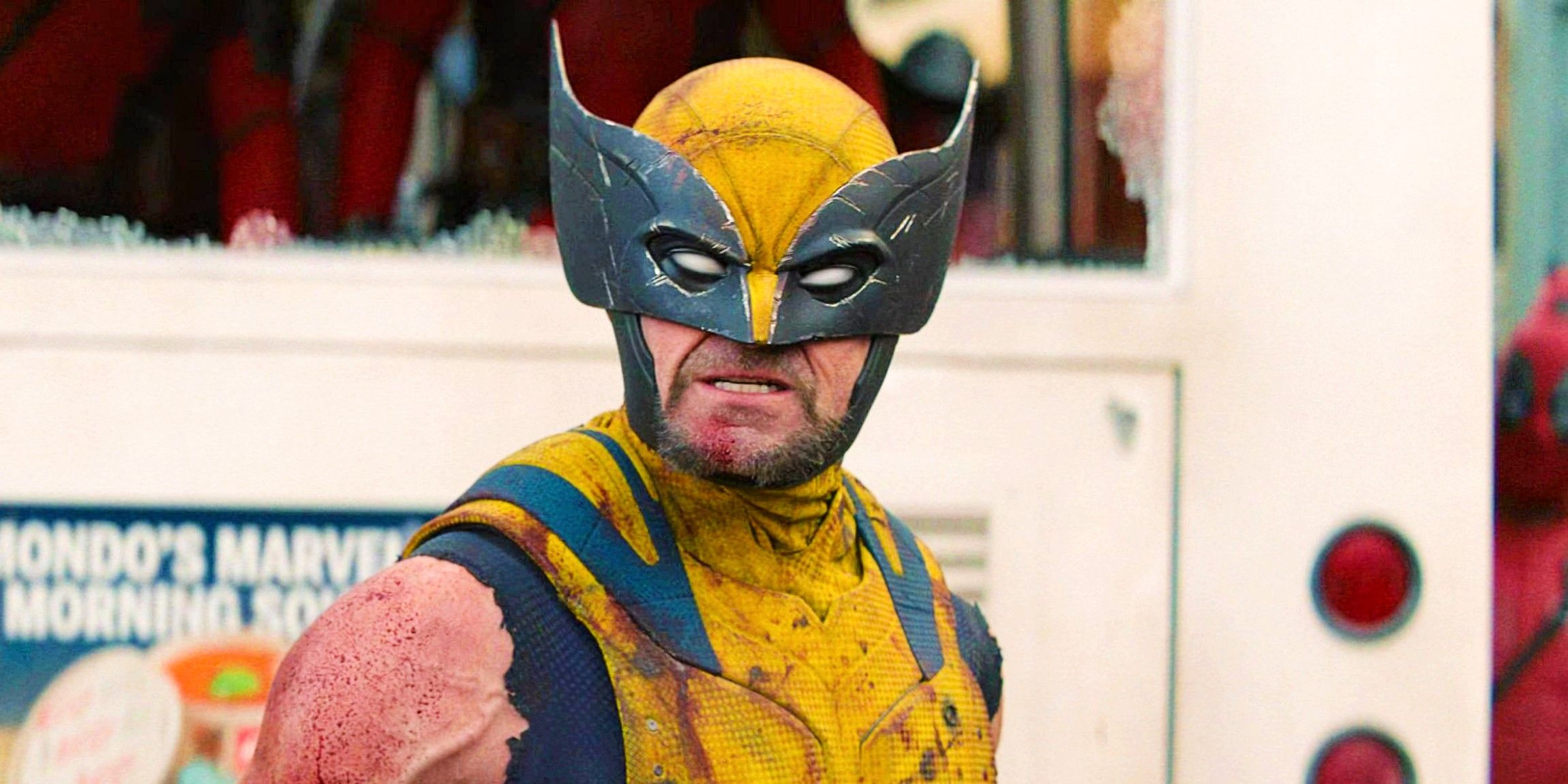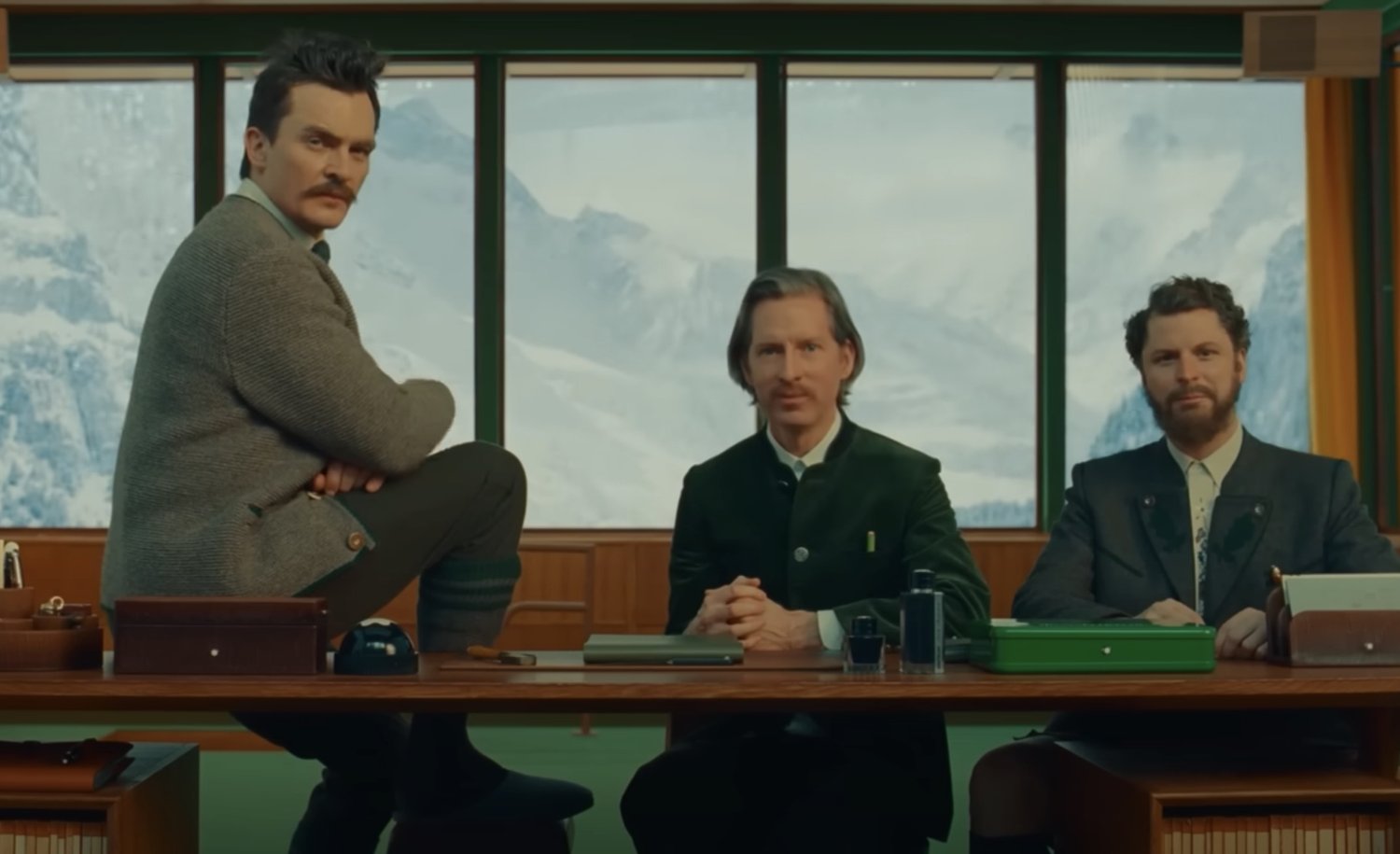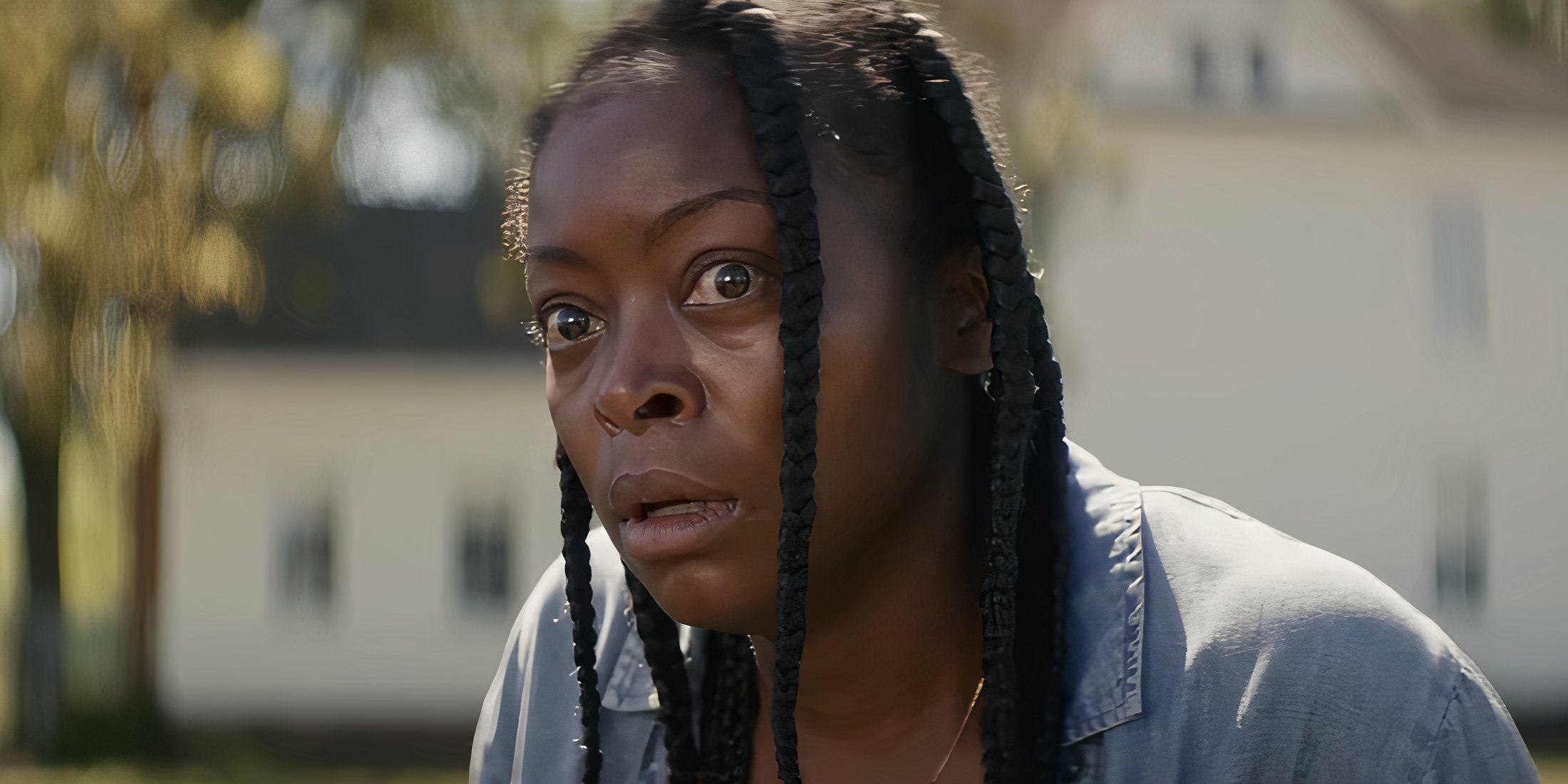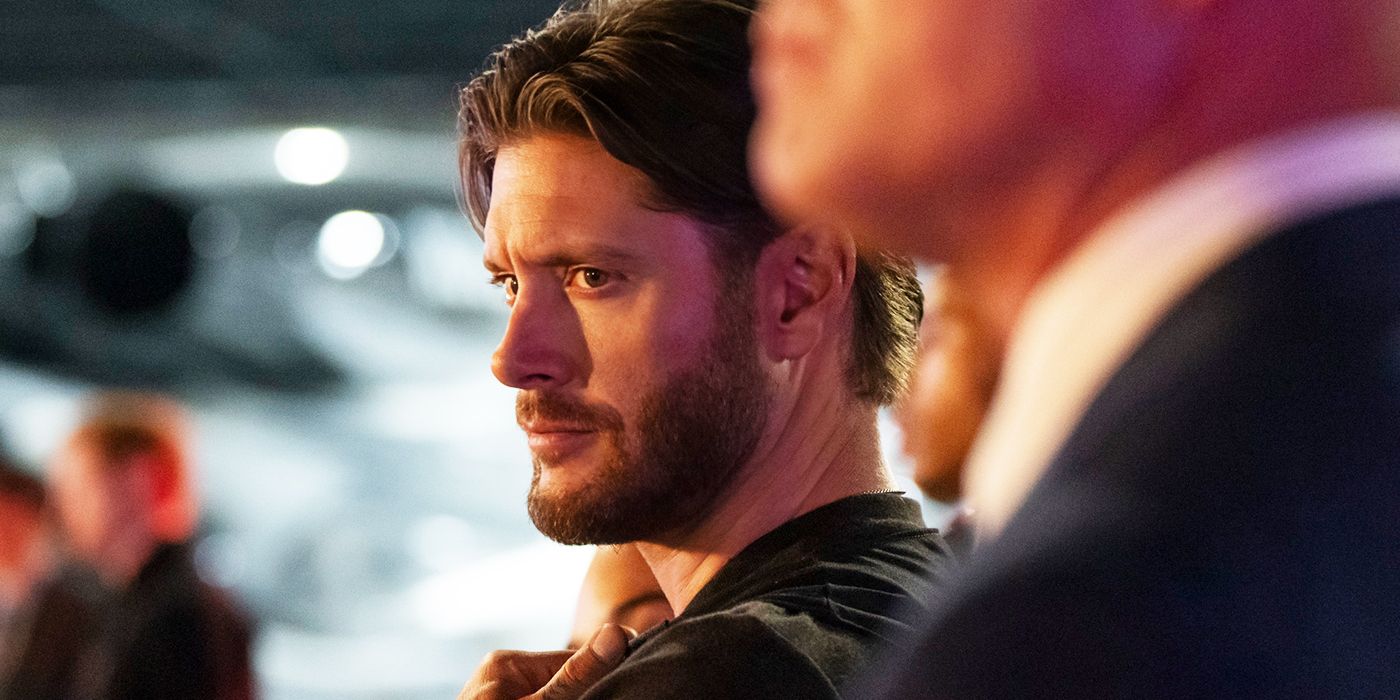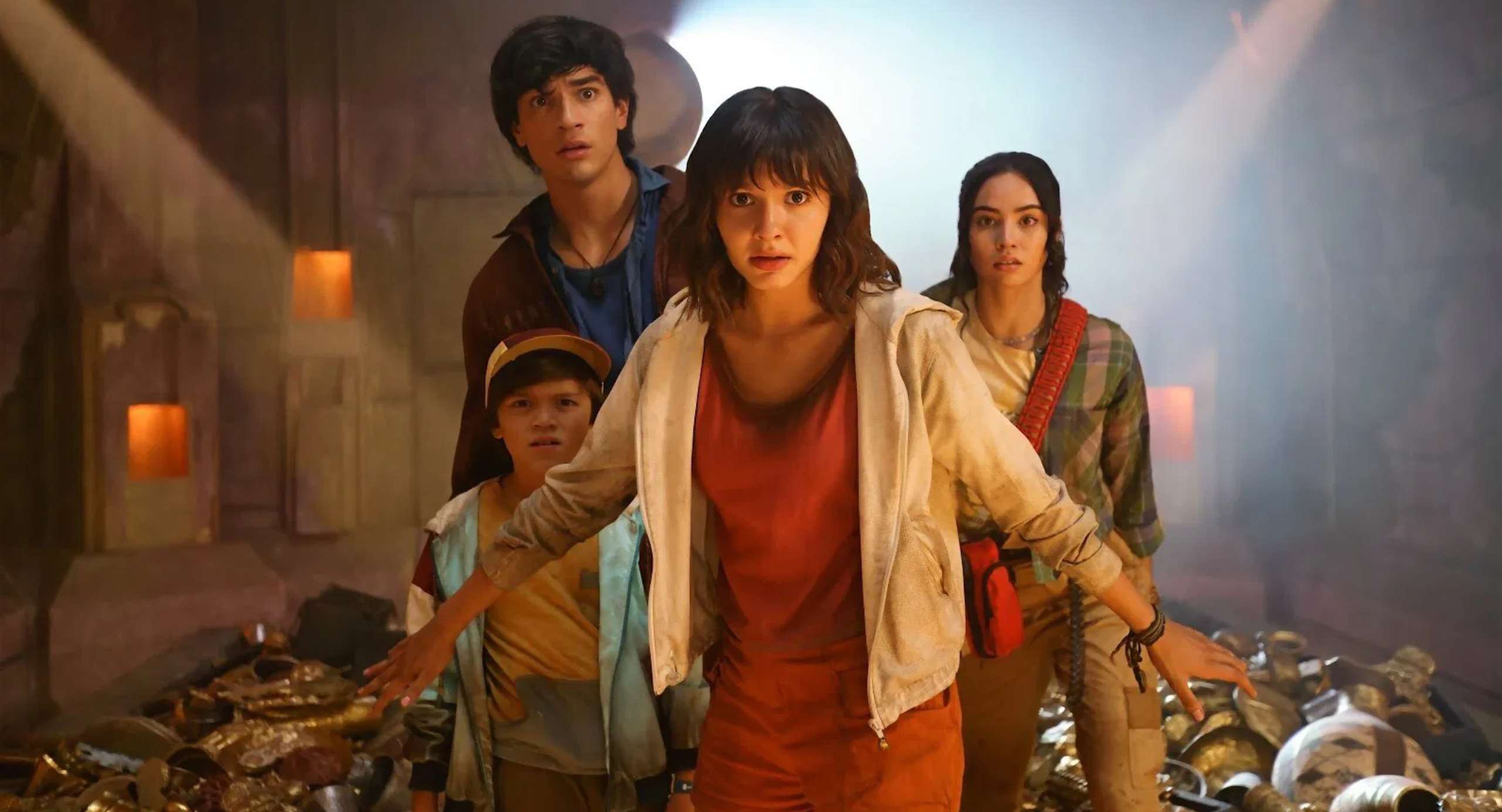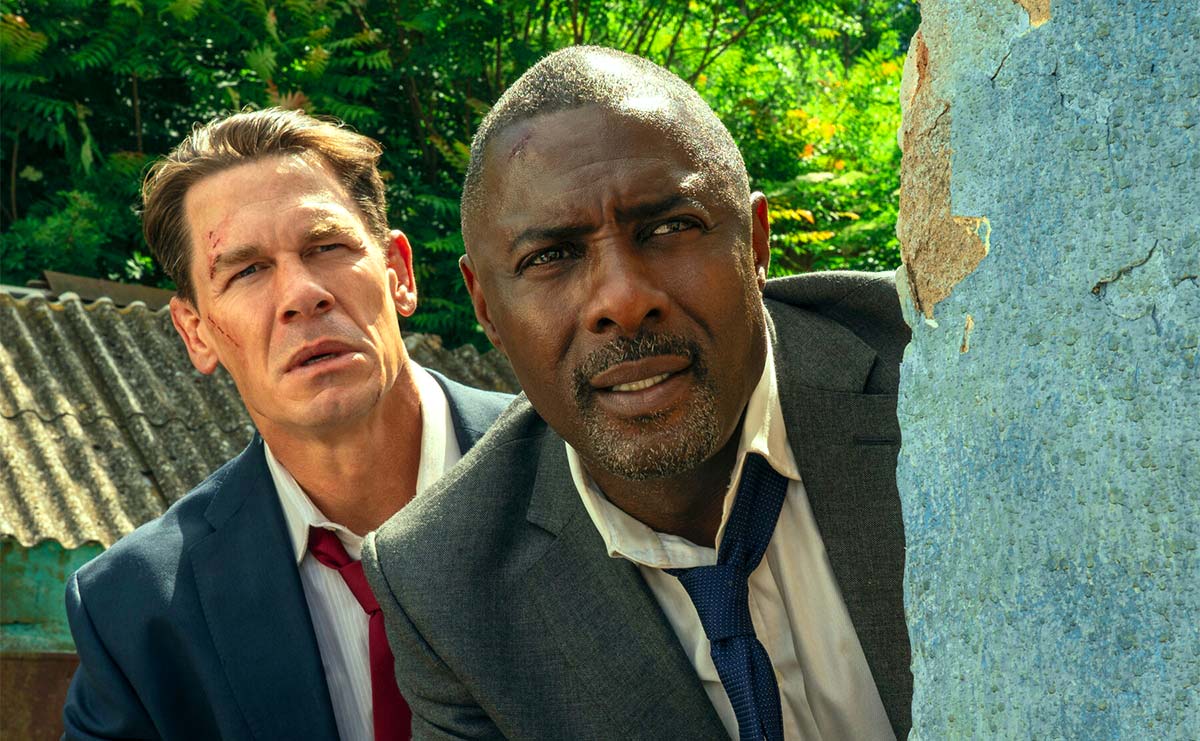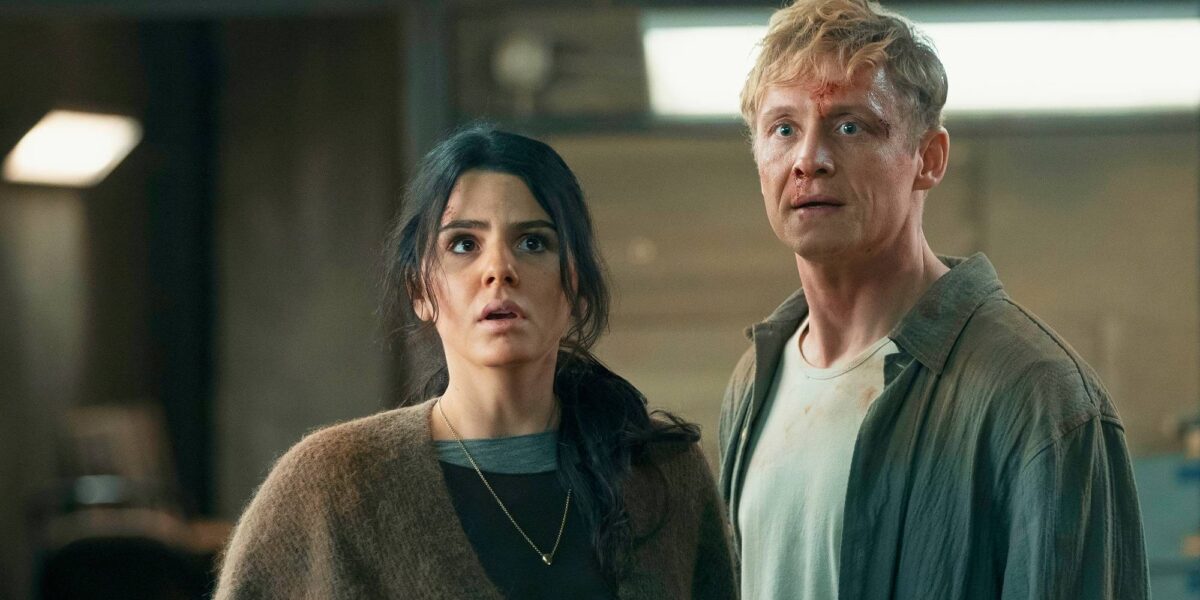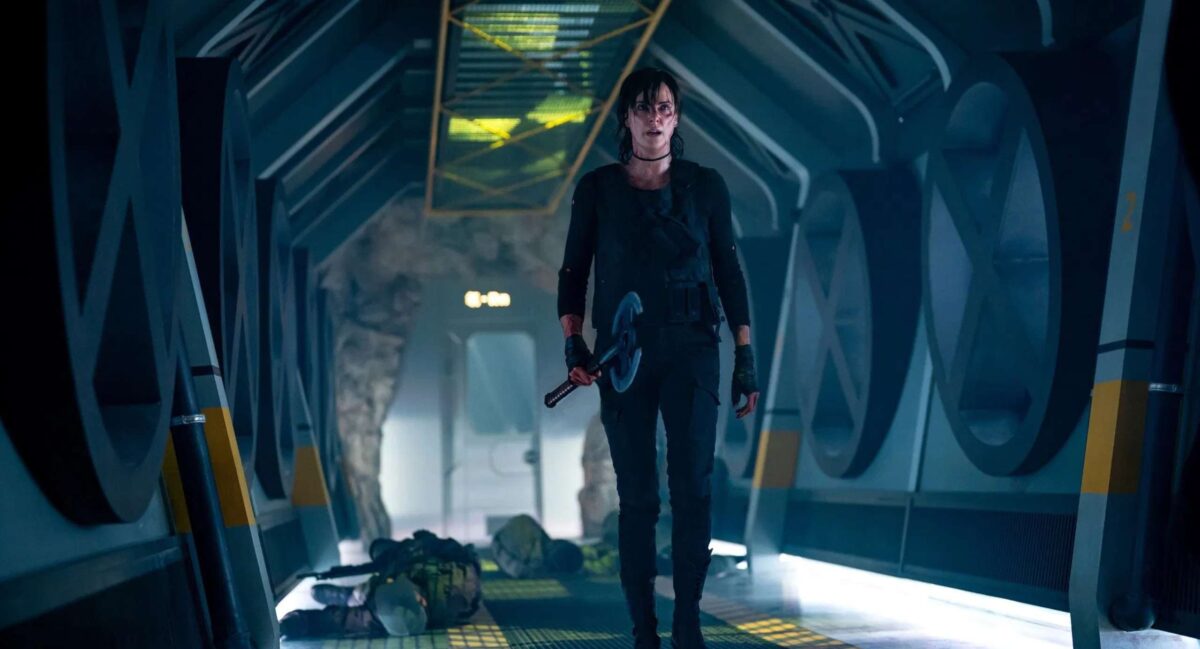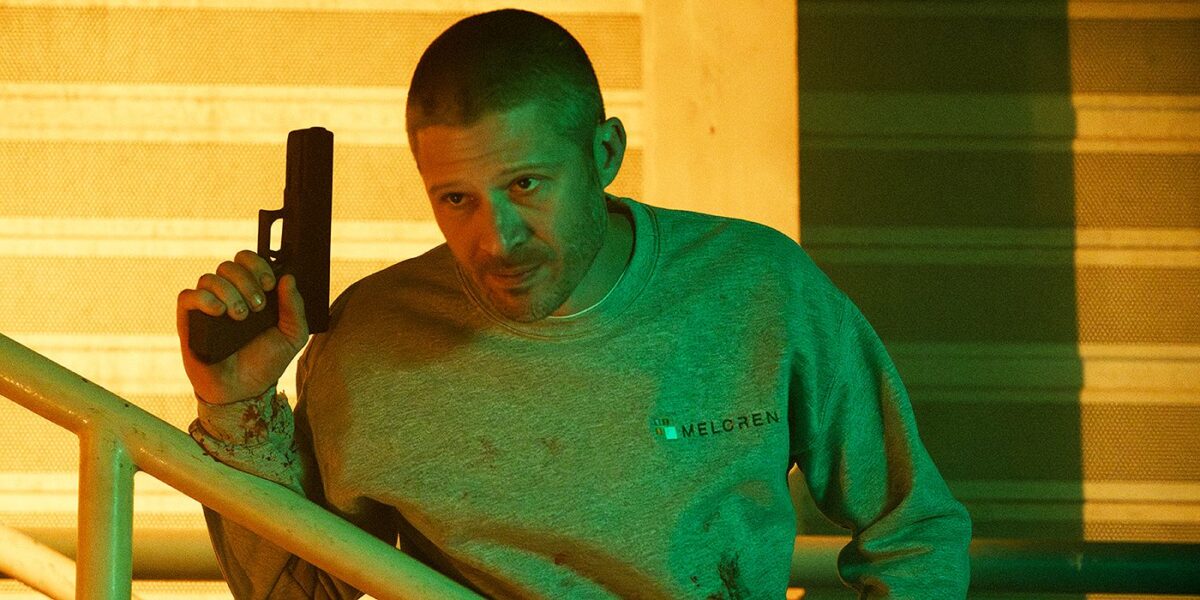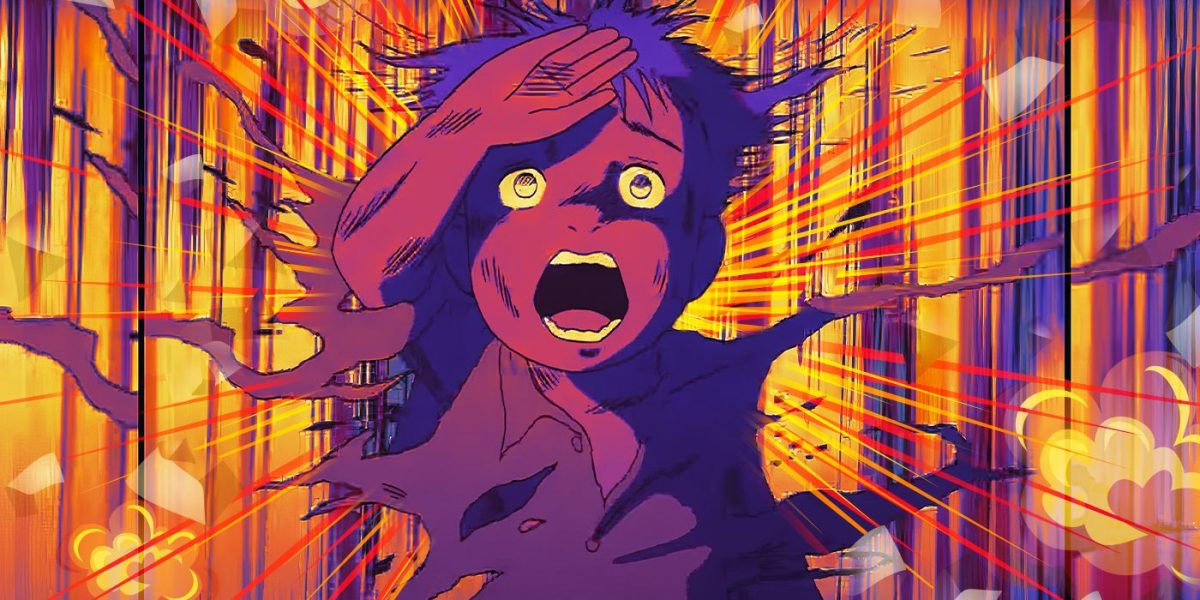
The World War II Anime That Will Leave You Completely Haunted
Nov 10, 2023
The Big Picture
Barefoot Gen is a historically authentic and emotionally devastating anime that depicts the horrors of war and the aftermath of the atomic bomb in Hiroshima. The film is based on the real-life experiences of author Keiji Nakazawa, who survived the atomic bomb as a child and channeled his memories into the manga series. Despite its tragic subject matter, Barefoot Gen manages to maintain a sense of optimism and resilience, teaching the audience that life goes on even in the face of immense tragedy.
Isao Takahata’s Grave of the Fireflies is a strong contender for one of the most emotionally tragic animes of all time, but when it comes to depicting the horrors of war, it’s hard to achieve the same level of despair as Mori Masaki’s 1983 masterpiece Barefoot Gen. Adapted from Keiji Nakazawa’s (who also wrote the screenplay) acclaimed manga of the same name, Barefoot Gen is unique in the sense that it actually comes from a Hiroshima survivor, with the author mercilessly channeling details from his own childhood memories to portray a story that is both historically authentic and packed with gruesome detail. While it never garnered the attention or success as Takahata’s own masterwork (and it’s important to note that while depicting World War II, Takahata primarily focused on the Kobe bombings, rather than the atomic bomb), Barefoot Gen still ranks among the greatest anime movies of all time, and an essential entry into films that depict the devastation of the atomic bomb.
While Christopher Nolan’s Oppenheimer broke box office records to become the highest-grossing biopic of all time (even if the filmmaker does not want you to call it that), there’s a key reason that he largely omitted the destruction of Hiroshima and Nagasaki within the film. For Nolan, the first-person perspective of the script meant that it was essential for the audience to stay locked inside Oppenheimer’s (Cillian Murphy) mind. It’s not that Oppenheimer doesn’t wrestle with his guilt over the destruction he facilitated through his science, but rather that his guilt causes him to turn away from it, made explicitly clear when he literally covers his eyes from a slideshow depicting the aftermath of Hiroshima.
While that may have been the best route to go down for Oppenheimer, one of filmmaking’s most powerful tools is its ability to bring an audience into the horrors of war at the expense of all comfort. It’s easy to hold back your imagination from visualizing anything too unsettling when reading history books or the news, but sometimes it requires devastating immersion to even partially digest the scale of a historical tragedy. In Barefoot Gen, our eyes are all but Clockwork Orange’d wide open as we follow Gen (Issei Miyazaki), his mother (Yoshie Shimamura), and infant sister recover in a Hiroshima ravaged by radiation after witnessing their family’s patriarch and Gen’s two siblings get crushed under the bomb’s debris. If there’s any film that the audiences of Oppenheimer owe it to the victims of the disaster to watch in tandem with Hollywood’s blockbuster phenomenon, it’s this one.
Image via Madhouse barefoot gen Filmmaker Mori Masaki shows the effects, and after effects of the atomic bomb on the Japanese people. Release Date July 21, 1983 Runtime 85 minutes Main Genre War Studio Madhouse, Gen Production Story By Keiji Nakazawa
Nakazawa was born in Hiroshima in 1939, making him merely 6 years old when the bomb dropped. His childhood was one mired in tragedy as a result, with the above synopsis pretty much taking place exactly as described. The author’s family did indeed die from the explosion, leaving only him, his mother, and infant sister alive. His infant sister would die weeks later due to radiation poisoning, while his mother would go on to die in 1966 from leukemia, triggering Nakazawa’s memories and inspiring him (at the urge of his peers) to adapt his story in manga form.
Barefoot Gen would go on to run for 10 volumes between 1973 and 1987 in the world-famous weekly magazine Shonen Jump, the same serial that publishes the likes of One Piece and Death Note. And while Gen’s story might not at first appear suitable for a primarily action-oriented magazine, the juxtaposition between the optimism of the child at its center and the horrors of war serves as compelling of an entry as you can find. When the mangaka legend died at the age of 73, it was discovered that he had composed an undelivered letter to former U.S. President Barrack Obama describing his admiration for a 2009 speech he made regarding his dream for “a world free of nuclear weapons.” The letter is one of absolutely sincerity and kindness, urging the Obama family to read through his manga volumes to follow the story of the bomb from an actual survivor. If you were a fan of 2022’s Flee for the way it mixed animation, tragedy, documentary, and biography, look no further than Barefoot Gen for another deeply powerful testament to an underrepresented struggle.
The first act of Barefoot Gen takes place prior to the bomb’s detonation, chronicling the family’s malnourished strife due to declining food rations as a result of the war effort. Importantly, Barefoot Gen makes an effort to criticize Japanese Emperor Hirohito’s lack of ability to care for his people as well, especially in the context of delaying Japan’s surrender. Ironically, this recalls one of the best moments of Oppenheimer, in which U.S. Secretary of War Henry Stimson (James Remar) removes the city of Kyoto off of the bombing list due to his fond memories of his and his wife’s honeymoon there. Nakazawa criticizes the Japanese leadership of Hirohito while Nolan criticizes the American counterpoint, lambasting the very concept of national leadership when it’s the lives of ordinary, non-fighting people that are on the line.
For all of this talk about dread, it’s surprising to discover that the majority of Barefoot Gen’s first act features adorably simple animation and childlike problem-solving, as Gen does all that he can to acquire food for his ailing pregnant mother. That all changes when the bomb drops in one of the most horrifyingly animated sequences ever put to film. Men, women, children, and animals are spared no mercy, their bodies decomposing rapidly as a result of the blast, placing emphasis on the way their eyeballs gruesomely melt out of their sockets. While that would be enough to qualify it among the most detailed hellscapes that gives even Phil Tippett’s Mad God a run for its money, it’s the survivors who we feel the worst for.
The audience is forced to watch hundreds of victims crawl through the wreckage, moving like in a manner that bears resemblance to some of the most terrifying zombie movies ever filmed. It’d be nice if that were the end of it, but those recovering are forced to instead contend with maggots picking at their wounds, starvation, and becoming rendered so unsightly that even their family can’t stand to take care of them further. Much attention is also called to the radiation disease, where seemingly healthy survivors struggle as their hair deteriorates, and they unknowingly defecate blood on desolate streets. If anyone has any lingering notions that animated films and TV shows are only for kids, this movie will set you straight.
Barefoot Gen manages to retain so much of its childish optimism even after the titular child’s fate makes Dante’s Inferno look like a day at the beach, and it’s nothing short of a miraculous filmmaking accomplishment. There’s a sentimentality that runs throughout Gen’s perseverance and eagerness to help those around him that reveals the crux of the film’s message. Contrary to what the audience is led to believe throughout, Barefoot Gen isn’t about the death of childhood but the endurance of it.
Even after watching all of his family members and the entirety of his village ravaged by death and destruction, Gen still smiles and fights for the people around him. As Gen’s hair and the grass of Hiroshima start to grow again, the central characters realize the most important lessons that only tragedy can teach: life goes on. In one of the film’s final scenes, Gen recalls an image of his father in the skies, Lion King style, and promises him that he’ll continue to fight for the right to live. While Christopher Nolan certainly deserves plenty of praise for recreating an atomic bomb without a single shot of CGI, Barefoot Gen also manages to pull off the impossible: finding hope in one of humanity’s most colossal failures, and from the perspectives of the victims, no less.
If Pixar’s Up and Toy Story are kids’ films with adult emotions, Barefoot Gen is the antithesis, an adult film with kid’s emotions. Its strength doesn’t lie in its nuance, but in its simplicity as a perfectly digestible message and traumatizing presentation of one of the saddest days in human history. The lessons from Barefoot Gen however aren’t exclusive to the tragedy of the atomic bomb. While the danger of war movies about leaders is that they can often sensationalize the battle through our empathy with the main character’s pursuit of their own narrative goals, it’s the war movies about the civilians who unjustly suffer in the crossfire that remind us of the difference between battle and slaughter.
Barefoot Gen is available to watch on RetroCrush.
Watch Now
Publisher: Source link
‘Don’t Call Me Mama’ Review: A Steamy Age-Gap Love Affair Turns Ugly in This Psychological Drama That’s Definitely Not 2025’s ‘Babygirl’
Don’t let the dumb girlboss title fool you, Don’t Call Me Mama isn’t Babygirl. It’s not trying to blend into the recent stream of sexy MILFs and handsome younger men affair stories. It may seem like that from the first…
Jul 12, 2025
I Enjoyed Netflix’s Sci-Fi Escape Room Thriller That Delivers High-Stakes But It Is Missing Something
Brick is a tense German thriller with a sci-fi twist. The film starts out as a dramatic piece about a couple who have faced some challenges in recent years. However, when a mysterious anomaly turns their apartment into a high-stakes…
Jul 12, 2025
The Old Guard 2 Review: Immortality Fatigue
Sequels are expected to deepen character arcs, raise emotional stakes, and expand world-building, but The Old Guard 2 instead opts for a muddled descent into franchise fatigue. Directed by Victoria Mahoney and penned by Greg Rucka (returning from the original)…
Jul 11, 2025
There’s Still One Last Twist the Serial Killer Network Never Saw Coming
Editor's note: The following contains spoilers for Criminal Minds: Evolution Season 3 Episode 10The apple does not fall far from that tree, especially when that tree is a murderous trauma factory of a human being. The Criminal Minds Season 18…
Jul 11, 2025
